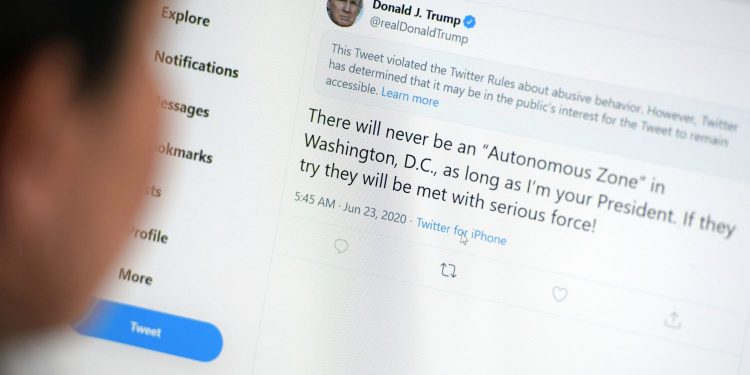In February, The Verge obtained a memo from Twitter CEO Dick Costolo in which he claimed full responsibility for the hostility. Costolo committed himself to resolving the problem. Costolo’s commitment to improving the online environment for Twitter users raises interesting questions. Are executives, users or both responsible for the elimination of abuse on a given platform?
Part of Twitter’s failure to curb abuse and threats has to do with its cumbersome reporting tools. Once Twitter improves those tools, the onus of reporting is on users. To make Twitter a better environment for everyone, users should carefully consider whether questionable tweets are abusive or simply expressing disagreement. Users who witness threats must take them seriously to protect what Costolo calls “core users” from trolls who decrease the quality of interactions on the platform.
That abuse is an issue on Twitter indicates the way in which users engage in conversation on the platform. However, the intentionally harmful comments made by abusive users undermine the value of these meaningful conversations.
Costolo’s comments are a promising entry in the ongoing struggle against cyberbullying. This message was echoed on Super Bowl Sunday in an ad by Coca-Cola, which urged Twitter users to respond to negative tweets with #MakeItHappy. However, irresponsible use of Twitter hurt the campaign when Gawker hijacked the service and created a Twitter account with the intention of using the #MakeItHappy tag to turn passages from Mein Kampf into positive images. Similarly, the Super Bowl ad by Always that launched the #LikeAGirl campaign was met by sexism that aimed to delegitimize the conversation about gender equality. These messages hearken back to the dialogue about race that started when no indictment came from the grand jury hearing in the Michael Brown case. Many tweeted #BlackLivesMatter, and many others tweeted #AllLivesMatter. The variations in hashtags speak volumes about the miscommunication that can occur in 140-character exchanges on Twitter. Meaningful dialogue can easily devolve into petty fighting when people, in a culture that values instant communication, do not take the time to consider opposing viewpoints with respect.
The failures of Coca-Cola’s #MakeItHappy campaign and Always’ #LikeAGirl campaign demonstrates that putting Costolo’s words into action is a formidable task. In addition, users must also report spam and abuse responsibly. Although campaigns by Always and Coca-Cola have been criticized, they brought attention to the issue of Twitter abuse.





